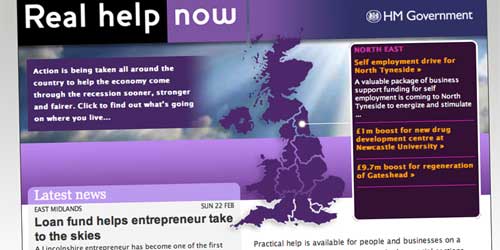I find this stuff so that you don’t have to.
- Solace 2010 write up; Localism, hash tags and a reflection on priorities – Great write up from Catherine Howe.
- Thriving too: Big Society: Yours Mine and Ours – "So how do smaller networks, organisations and projects engage with Big Society if they don’t feel completely comfortable in the space?"
- How #gmp24 happened – "The challenge was to find a way to show people the wide range of issues the police are called to deal with."
- The Problem with WordPress at Helpful Technology: Blog – Great summary of what sounds like a great event.
- When social media reveal IT’s soft belly – "When I was in Canada last week, I visited two provincial government organizations that offered two intriguing examples of how social media are challenging their IT organizations."
- Who Should be Your Chief Collaboration Officer? – Whose in charge of getting people to talk to each other in your organisation?
- Jimmy Leach: Keep the blogs alight – "We may not solve foreign policy issues through blogs, but we can at least explain them better."
- Open source based Managed Learning platform saves public purse £36 million – Learning Pool saves government cash. Find out how.
- Too much money plays against government 2.0 – "Definitely an interesting perspective: transparency is not always a desirable attribute, and government 2.0 is more interesting – and useful – where the are scarce rather than abundant resources."
- Local By Social – Series of events around the country by LGID promoting online innovation in local gov.
- PDF Europe round up – Great summary of the recent PDF Europe event from @curiousc
- Catch.com – Interesting looking Evernote alternative.
- Training lessons learned: Code dojo, whiteboards, interactivity – "Training can be an incredibly boring, frustrating exercise."
- The four sorts of Innovation-Getter | Kate Bennet – "After working in an Innovation team for the last year it’s become apparent that there are four sorts of “innovation-getters” in organisations."
- The Stack: The Fifteen Classes of the Social Business Software Suite – Interesting attempt at classification of social tech
You can find all my bookmarks on Delicious. There is also even more stuff on my shared Google Reader page.
You can also see all the videos I think are worth watching at my video scrapbook.

